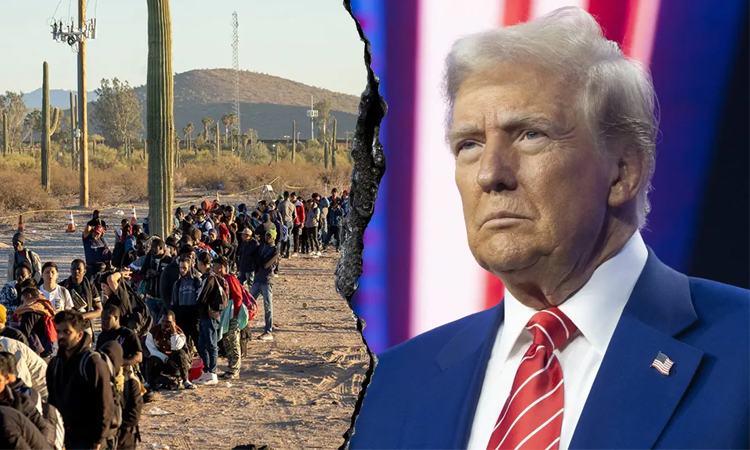
A federal appeals court has dealt a significant legal setback to former President Donald Trump’s immigration enforcement strategy by blocking his administration’s use of the Alien Enemies Act (AEA) of 1798 to deport alleged members of the Venezuelan Tren de Aragua gang.
The 5th Circuit Court of Appeals ruled 2-1 that the Trump administration unlawfully invoked this centuries-old wartime statute to justify expedited deportations in the states of Texas, Louisiana, and Mississippi.
The Alien Enemies Act, a part of the Alien and Sedition Acts passed over two centuries ago, authorizes the president to detain and deport nationals of hostile countries during times of declared war or in the event of an invasion or predatory incursion.
Trump’s administration had designated the gang as a terrorist group engaged in irregular warfare against the United States and enacted the statute in March 2025 to accelerate deportations.
However, the court concluded that Trump’s findings did not constitute an invasion or predatory incursion, rejecting the administration’s characterization of mass migration by the gang as a military attack. Judge Leslie Southwick wrote in the majority opinion, “There is no evidence to suggest that this mass immigration constituted an armed, organized force or forces,” emphasizing that illegal entry does not equate to an invasion by a hostile military.
Joining Southwick was Judge Irma Carrillo Ramirez, who concurred with the injunction halting removals under the AEA.
In dissent, Judge Andrew Oldham argued for judicial deference to the president’s authority in foreign affairs, asserting the courts should not second-guess the executive’s use of wartime powers.
The ruling followed previous judicial scrutiny of the Trump administration’s immigration policies, including previous Supreme Court stays on deportation efforts and challenges to Temporary Protected Status (TPS) protections for Venezuelans—the largest TPS group in the United States.
The controversy also centers on the reportedly rough handling of deportees, many of whom lacked criminal records, and the legality of deporting detainees rapidly without sufficient due process.
Since the March proclamation, over 200 alleged gang members were deported to El Salvador’s CECOT maximum-security prison, only to be later returned to Venezuela as part of a prisoner exchange.
The detainees have been at the center of court battles fighting the administration’s broad use of emergency wartime powers for immigration enforcement.
The court’s decision is expected to set a precedent for other jurisdictions and might be appealed to the full Fifth Circuit or the U.S. Supreme Court.
The administration stated its intent to seek vindication, underscoring that national security operations and the removal of terrorists fall within presidential discretion.
This ruling sharpens the ongoing debate over the executive branch’s authority to use archaic laws designed for wartime in contemporary immigration policy and highlights the judiciary’s role in maintaining legal checks and balances on presidential powers.








